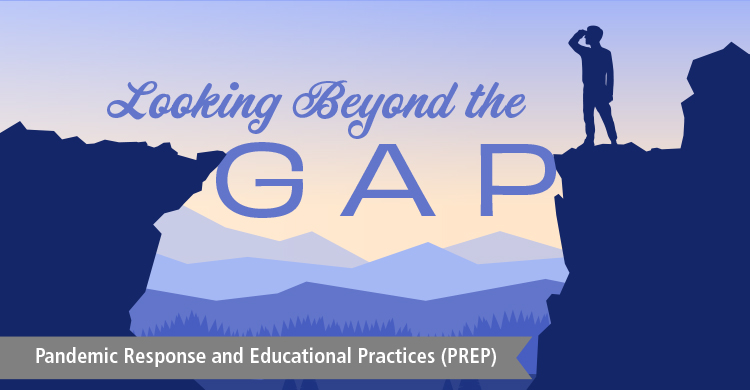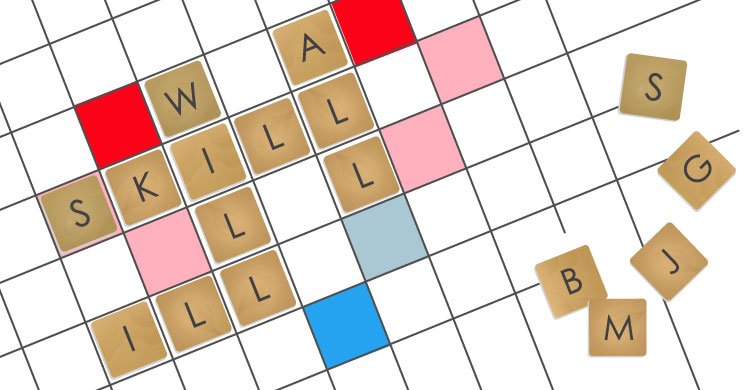Exceptional Times, Exceptional Teams: Looking Beyond the Gap
This entry is the 11th in a blog series called Pandemic Response and Educational Practices
Read More

This entry is the 11th in a blog series called Pandemic Response and Educational Practices
Read More
Here’s how I typically initiate this conversation—it’s an exercise I call “Anchors to Sails.” I
Read More